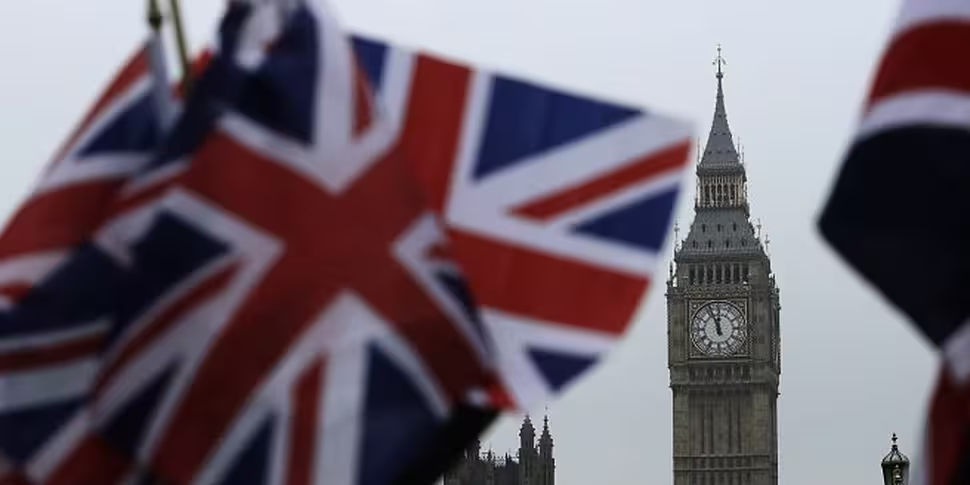British Prime Minister Theresa May will trigger Article 50 on Wednesday March 29th, starting the process of the UK leaving the EU.
A statement from the UK's Department for Exiting the European Union says: "The UK's Permanent Representative to the European Union, Sir Tim Barrow, has this morning informed the office of European Council President, Donald Tusk, of the UK’s intention to invoke Article 50 of the Lisbon Treaty on March 29, 2017.
"This meets the UK’s longstanding commitment to trigger Article 50 by the end of March 2017."
While Brexit Secretary, David Davis, said: "Last June, the people of the UK made the historic decision to leave the EU. Next Wednesday, the Government will deliver on that decision and formally start the process by triggering Article 50.
"We are on the threshold of the most important negotiation for this country for a generation.
"The government is clear in its aims: a deal that works for every nation and region of the UK and indeed for all of Europe – a new, positive partnership between the UK and our friends and allies in the European Union."
Brexit and Article 50: What happens now?
While the President of the European Council, Donald Tusk, says he will present draft Brexit guidelines to the 27 EU member states "within 48 hours" of the Brexit trigger.
Within 48 hours of the UK triggering Article 50, I will present the draft #Brexit guidelines to the EU27 Member States.
— Donald Tusk (@eucopresident) March 20, 2017
Queen Elizabeth II signed the Brexit bill into law last Thursday, which paved the way for Mrs May to trigger Article 50.
Officially known as the European Union (Notification of Withdrawal) Bill, it passed the UK parliamentary process following votes in the Houses of Commons and Lords last Monday.
Mrs May is visiting Wales today as the British government tries to convince the devolved nations that their input will help shape its Brexit negotiations.
She has faced criticism from the Scottish Nationalist Party (SNP) that its compromise Brexit proposals were ignored, despite Number 10 launching the Joint Ministerial Committee as a forum to hear their concerns.
First Minister Nicola Sturgeon has used this as one of the key reasons for seeking a Section 30 order to organise a second independence referendum.
Ms Sturgeon said she is determined to hold the ballot and said Scotland would seek to remain part of the European Union.
"There is no queue to join the European Union and we have had several voices over recent times saying that if Scotland wanted to be in the EU then there would be a very open warm reception for that," she said.
But Mrs May has refused to agree to a second Scottish referendum before spring 2019, telling Ms Sturgeon "now is not the time".
On her visit to Wales earlier, Mrs May said: "From my first day on the steps of Downing Street, I made clear my determination to strengthen and sustain the precious union. I have also been clear that as we leave the European Union I will work to deliver a deal that works for the whole of the UK.
"I want every part of the United Kingdom to be able to make the most of the opportunities ahead and for Welsh businesses to benefit from the freest possible trade as part of a global trading nation.
"This government’s Plan for Britain will seek to deliver a stronger, fairer United Kingdom and a better deal for ordinary working people in Wales and across the nation."









